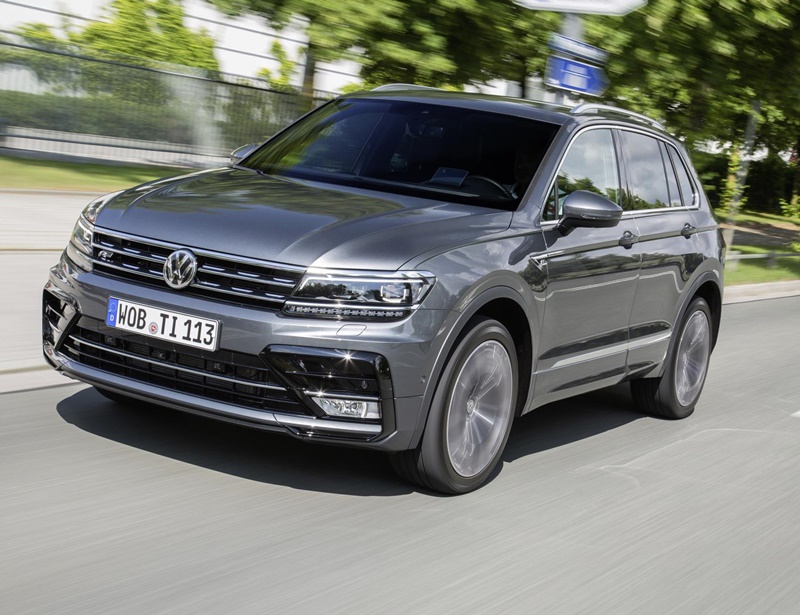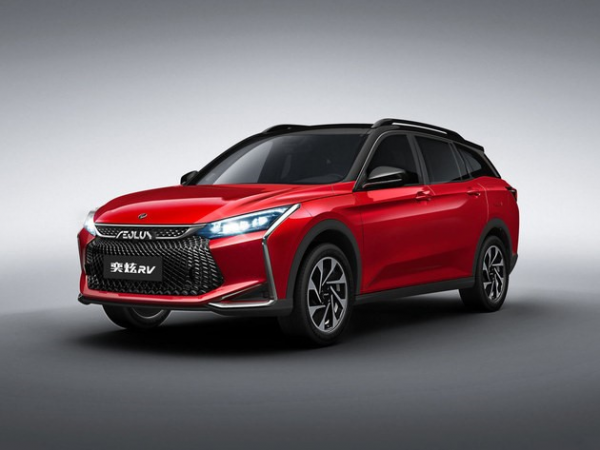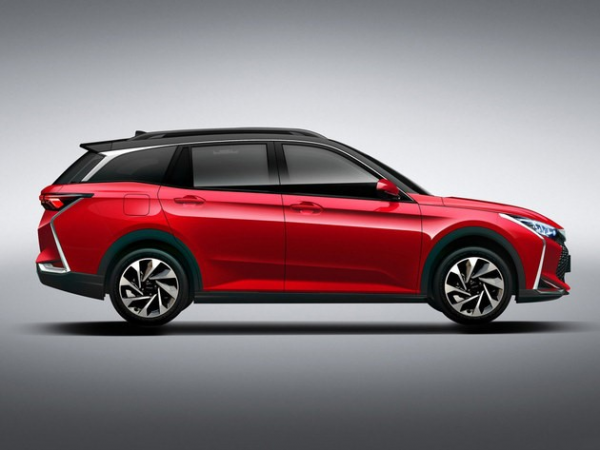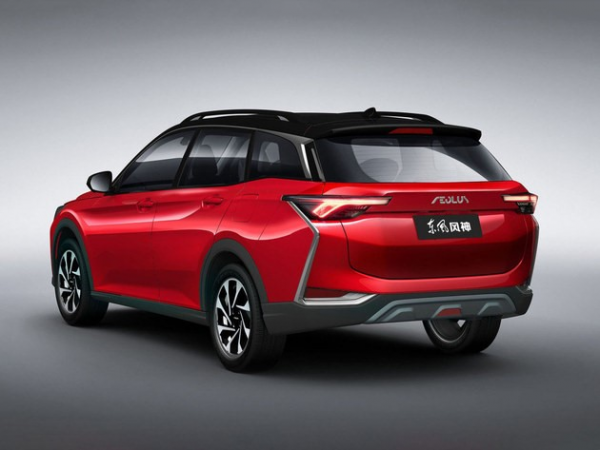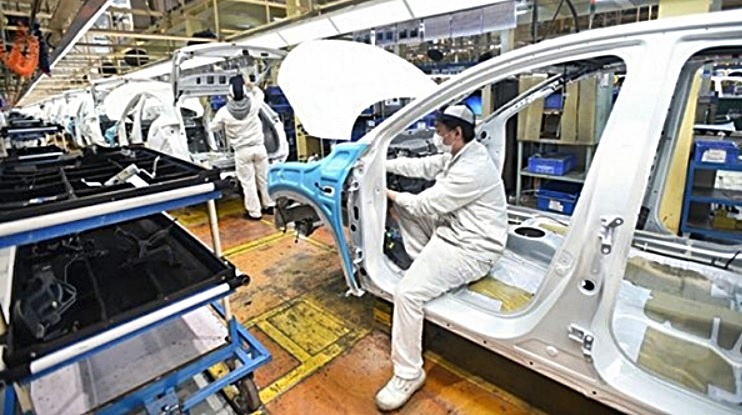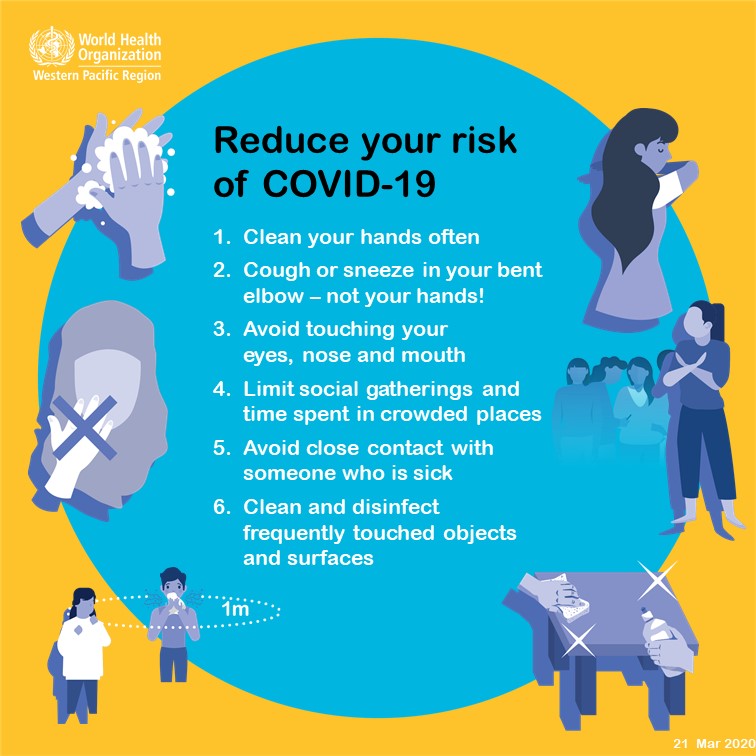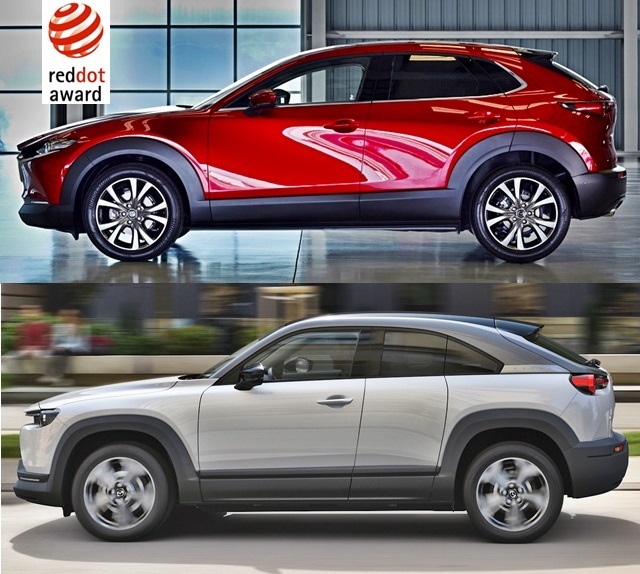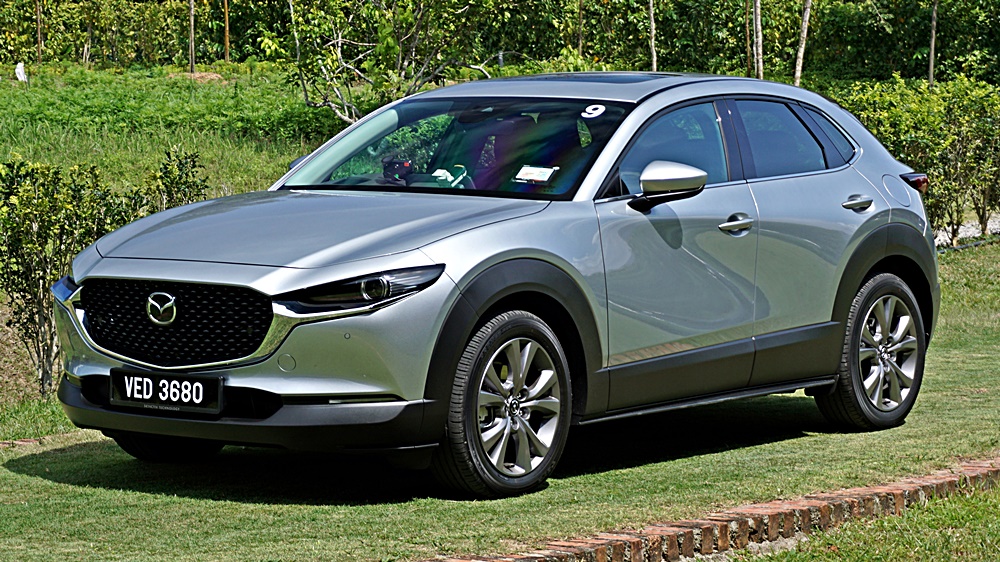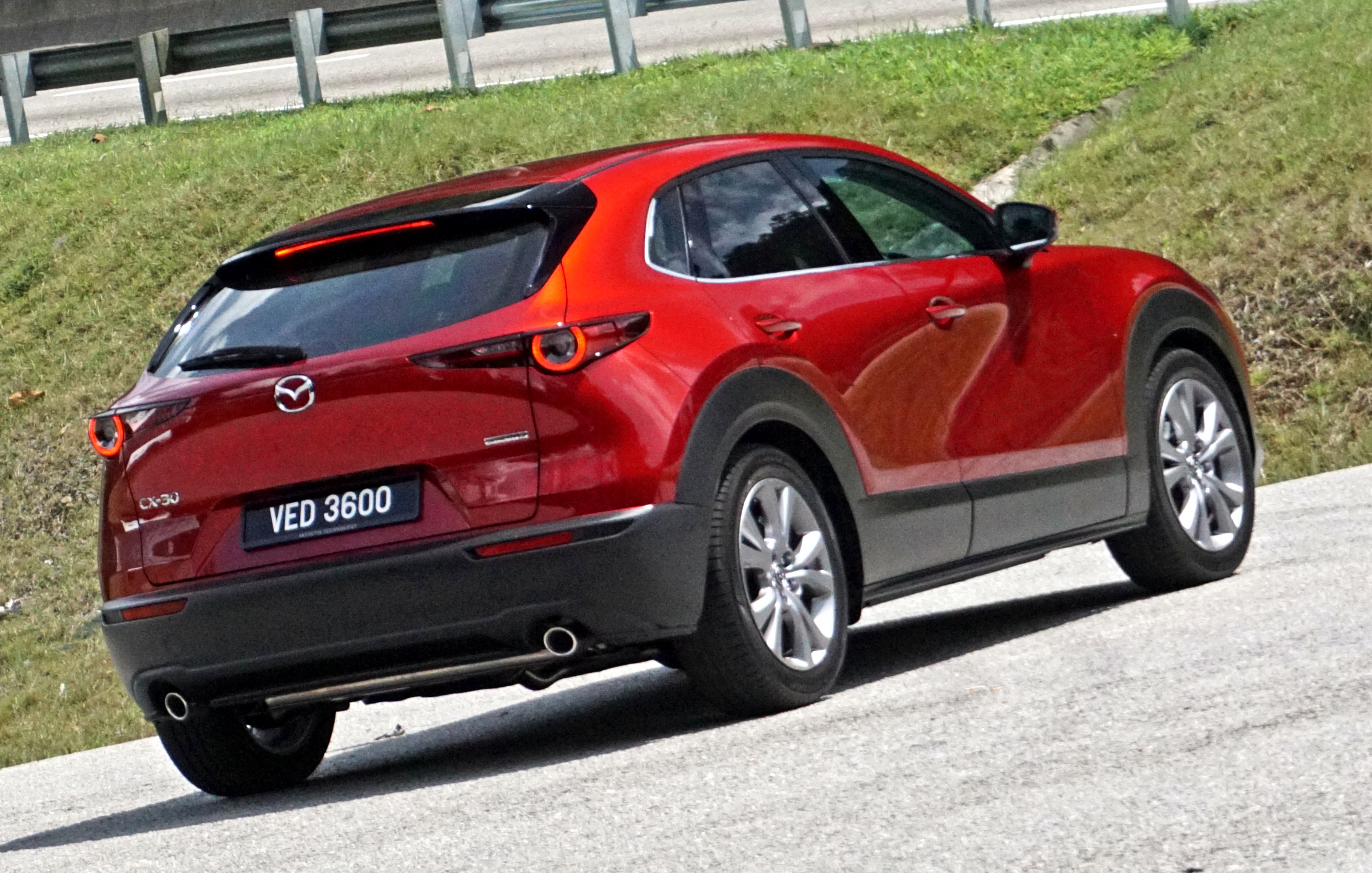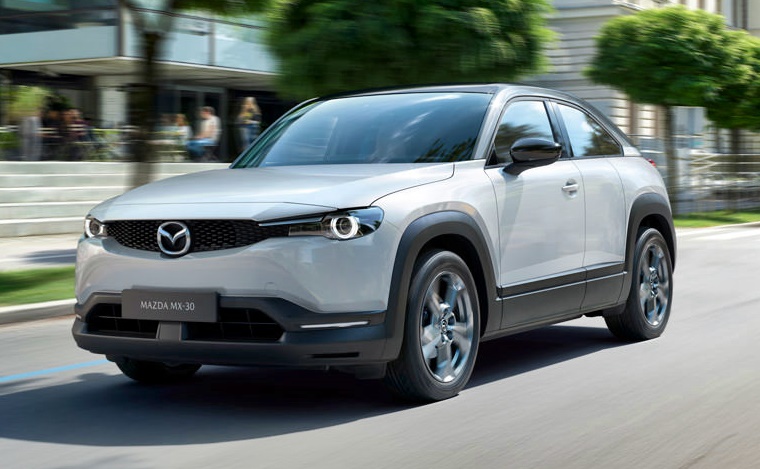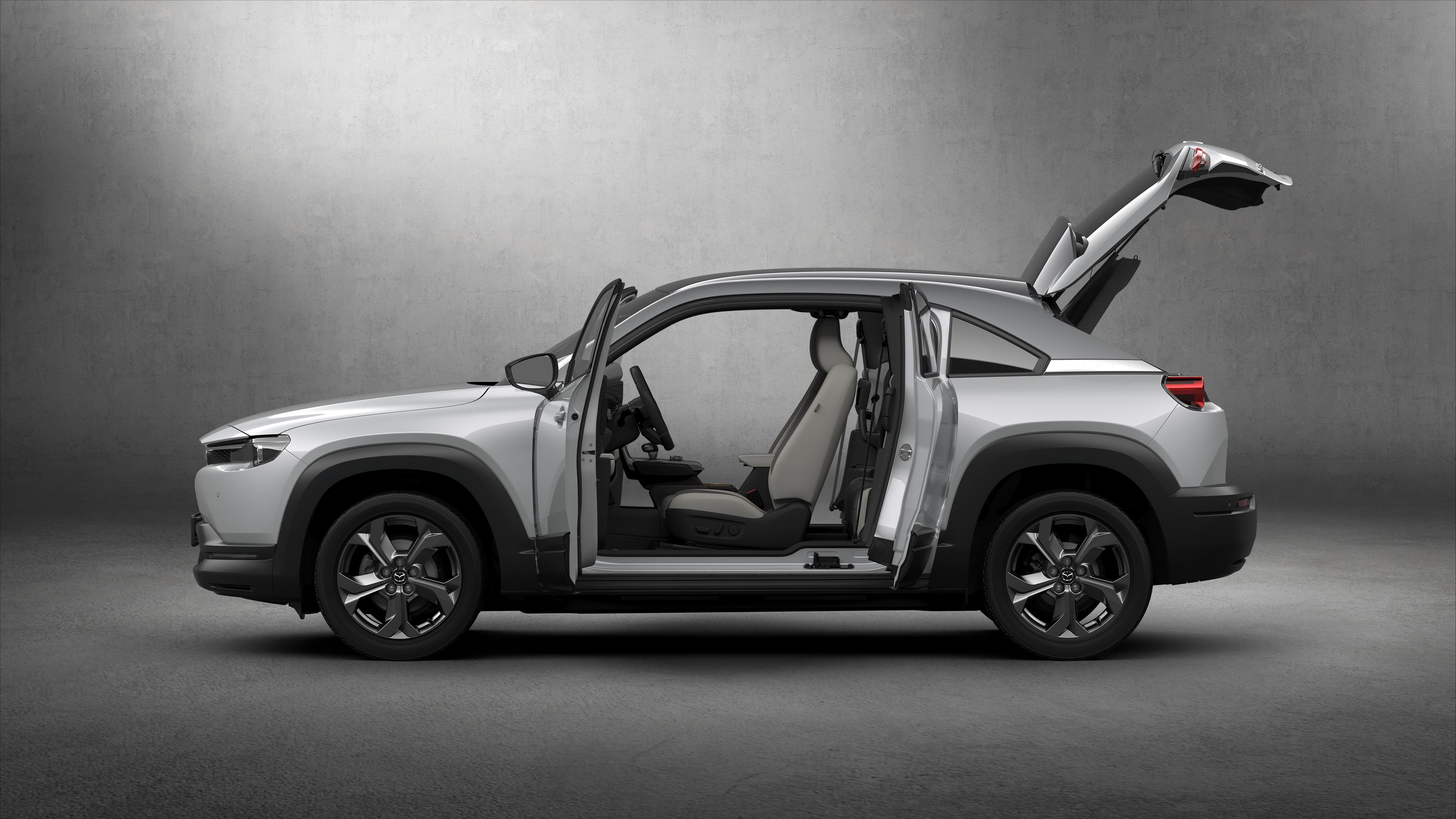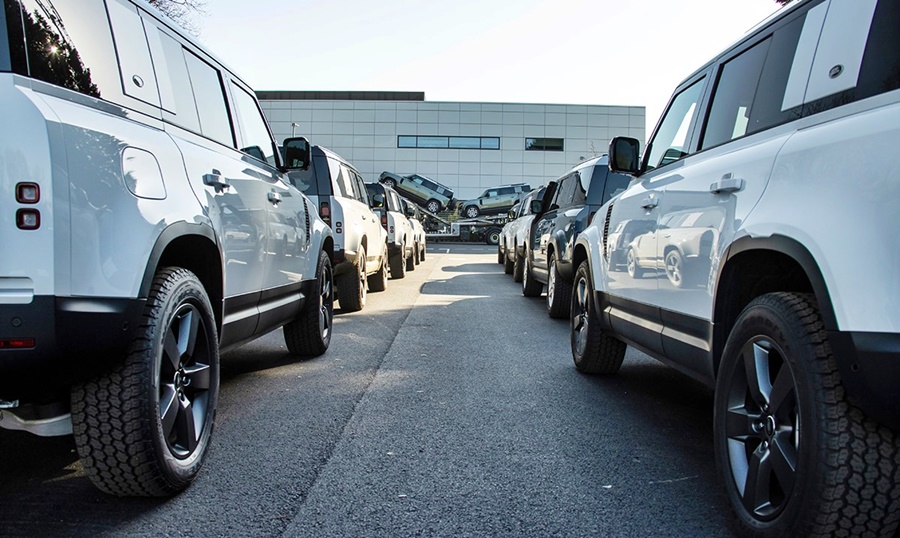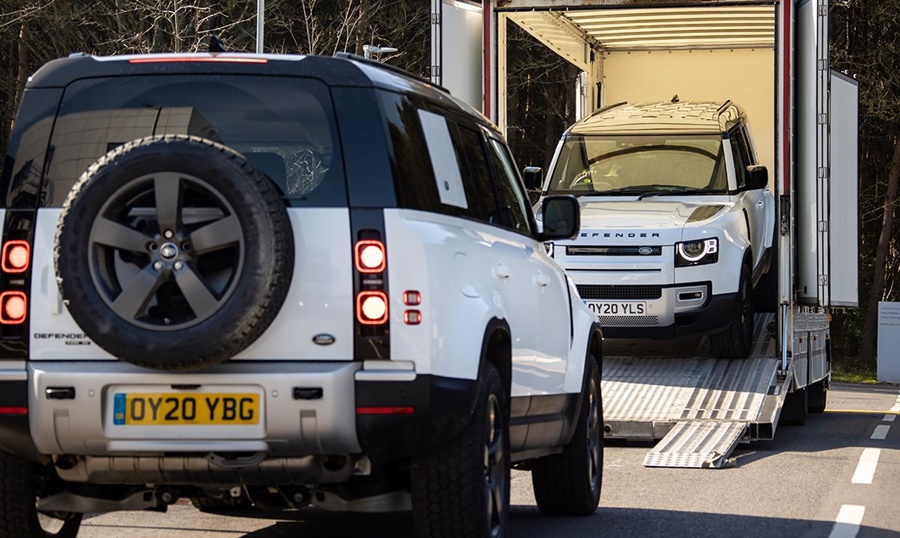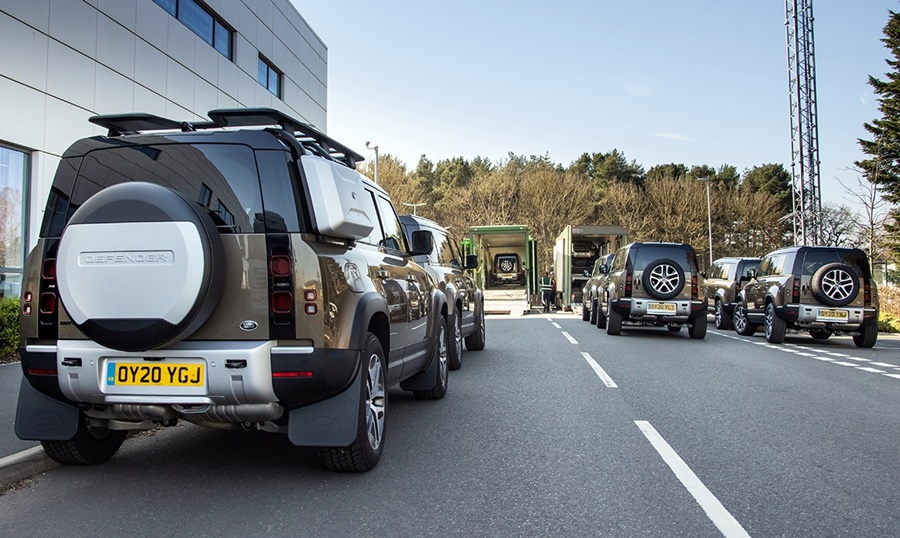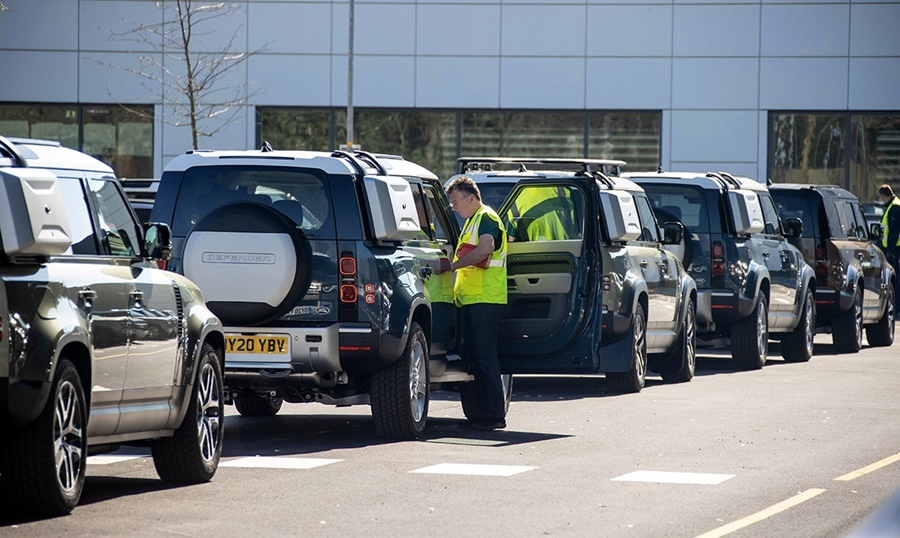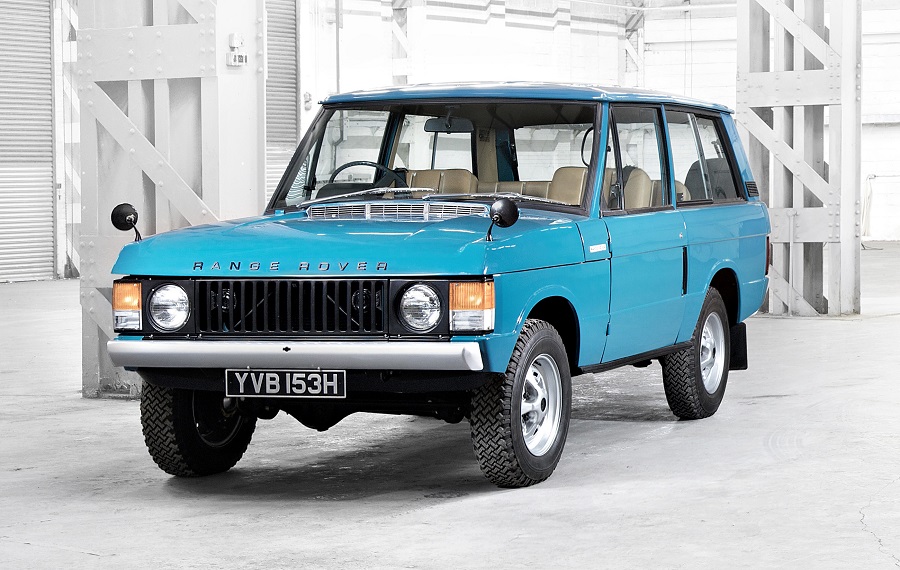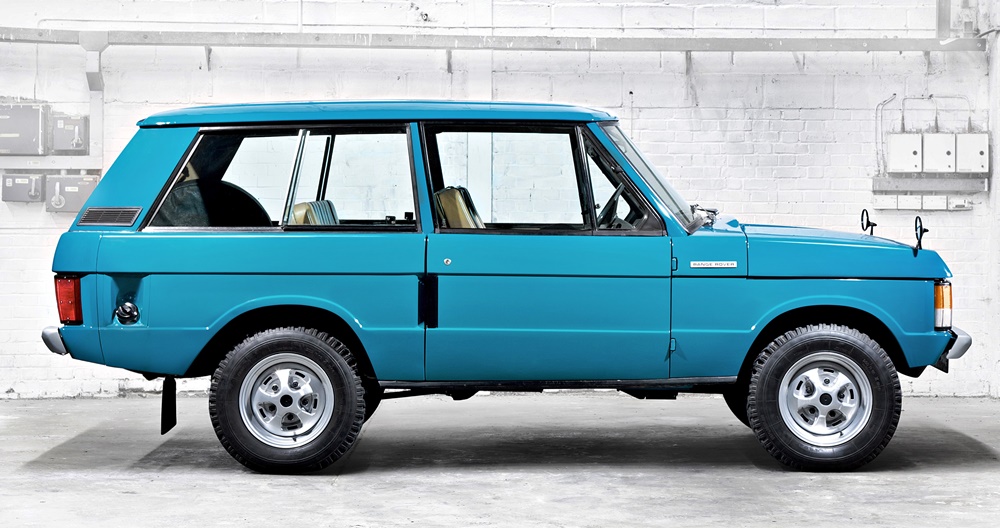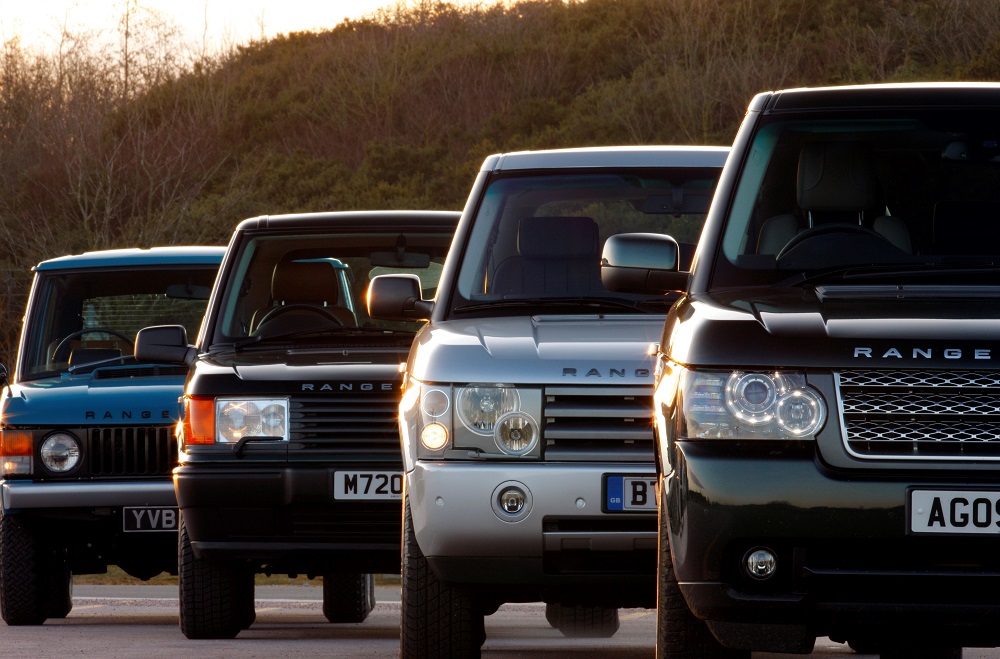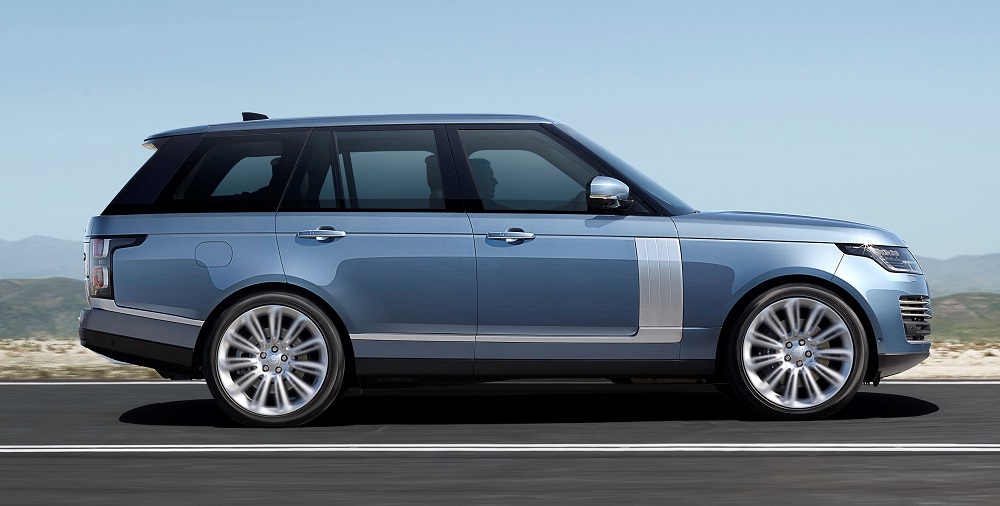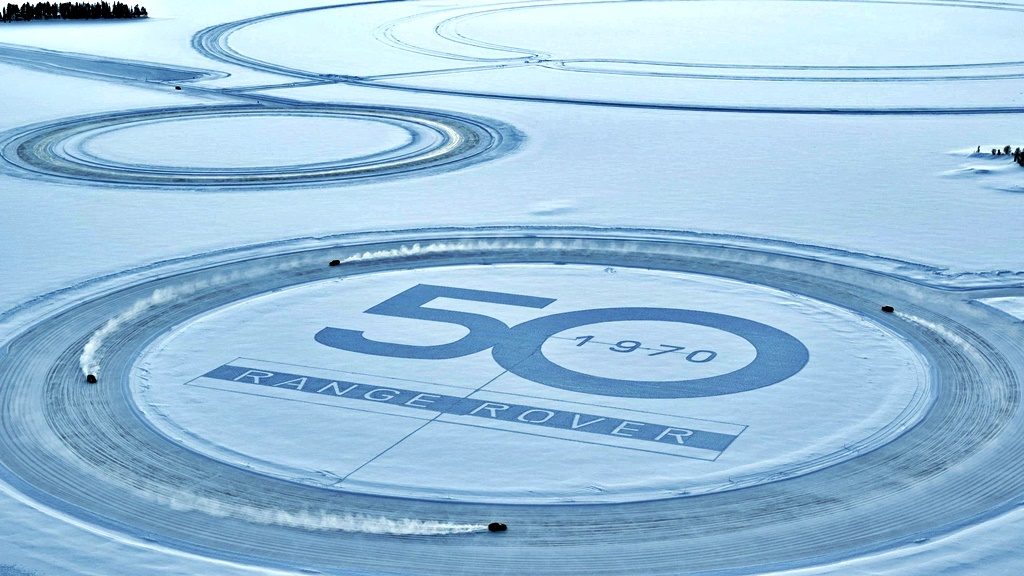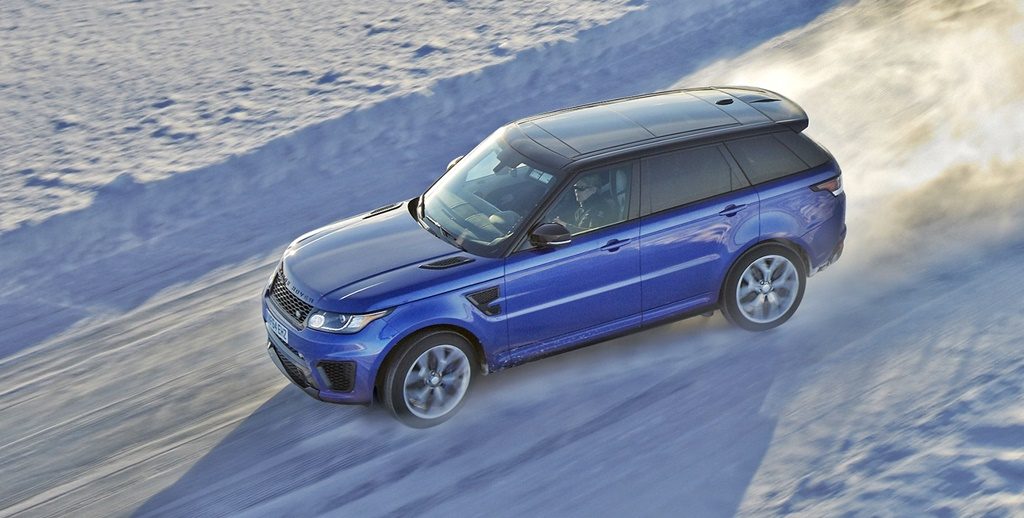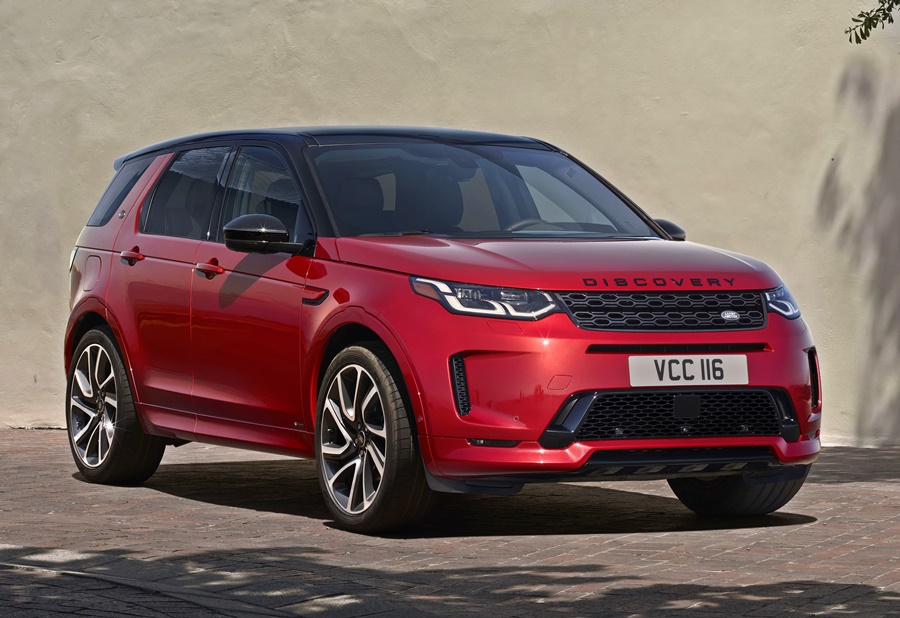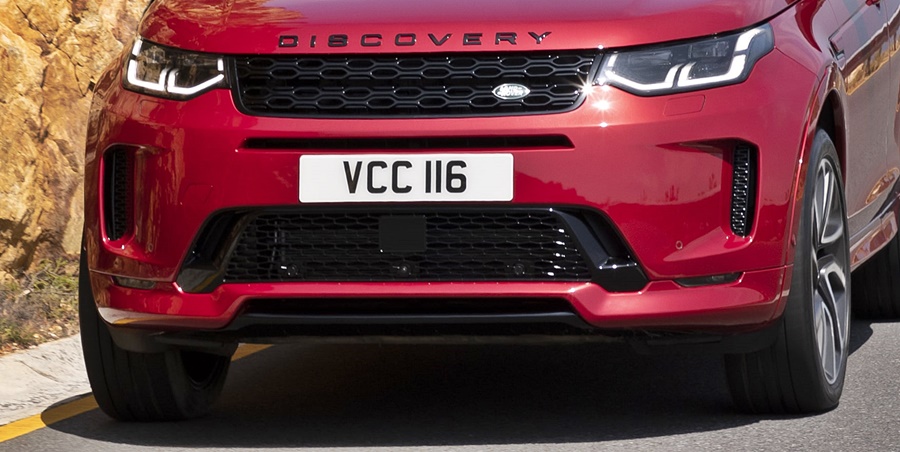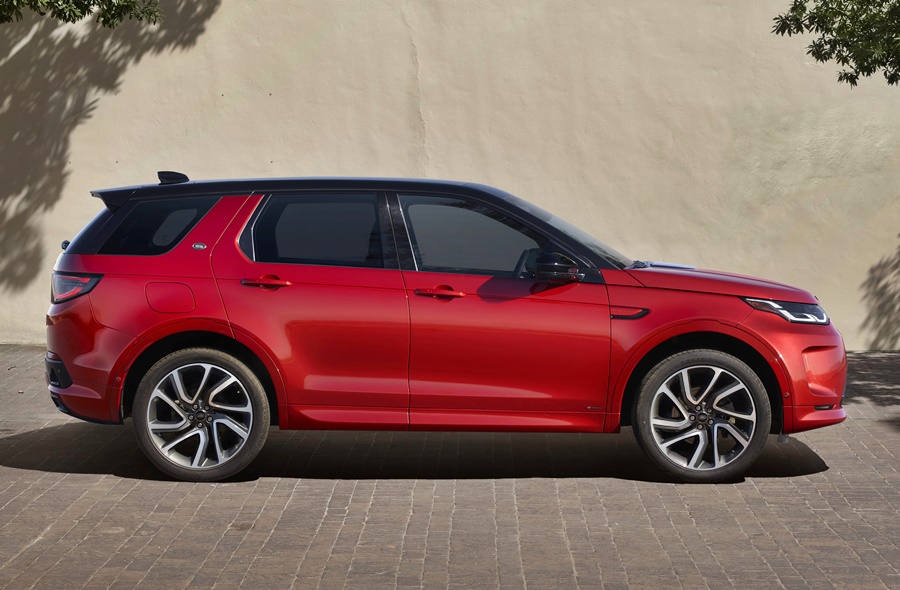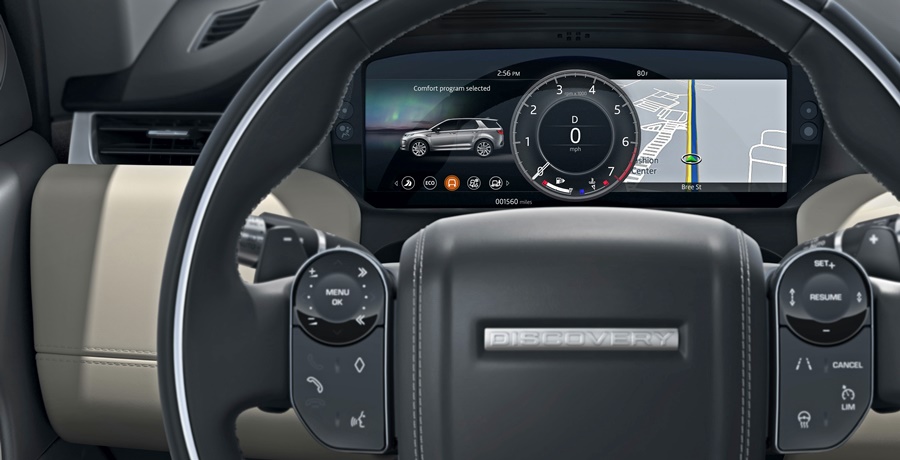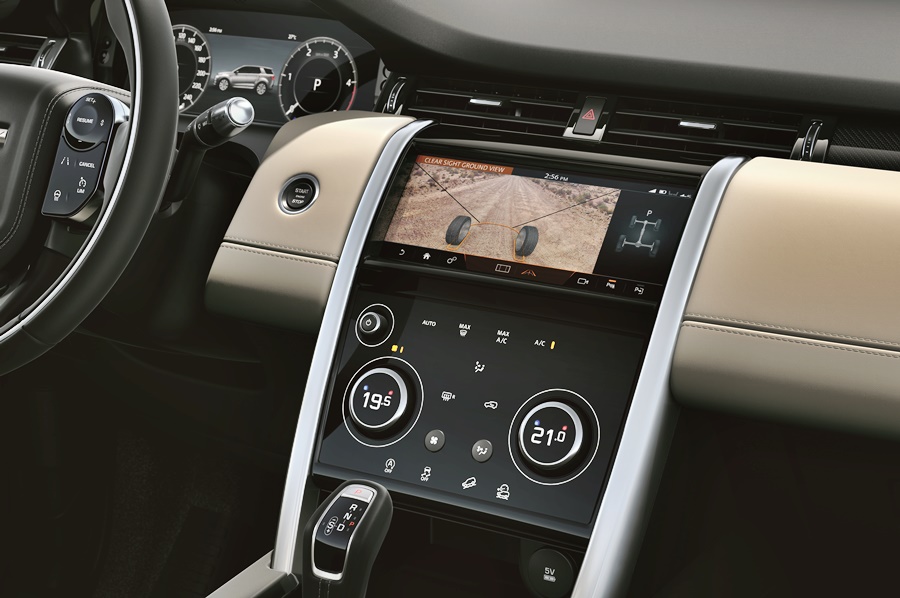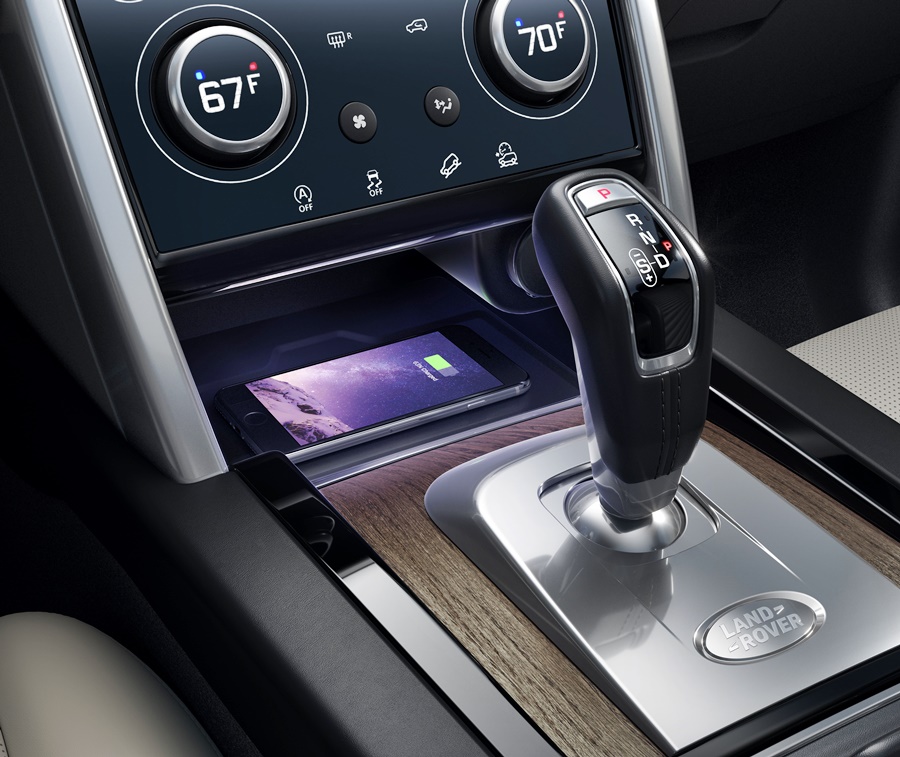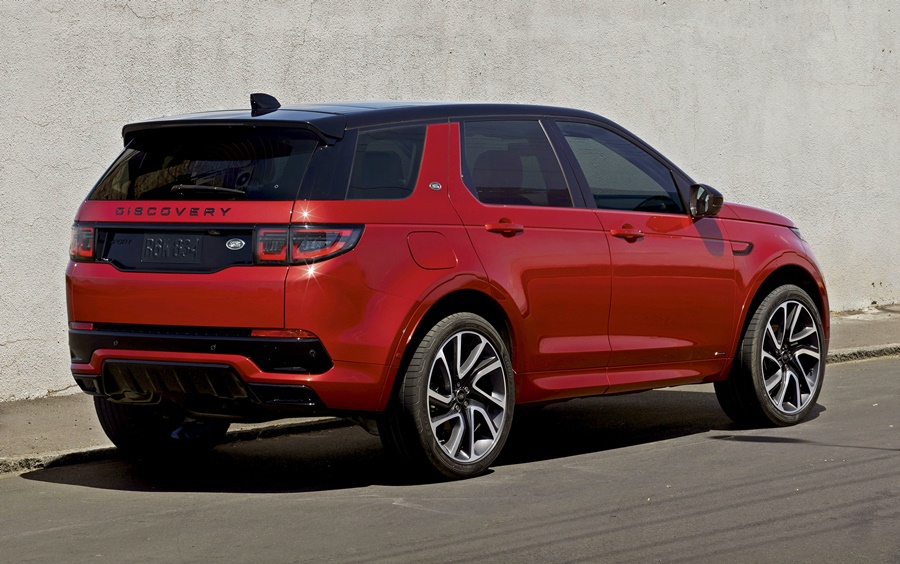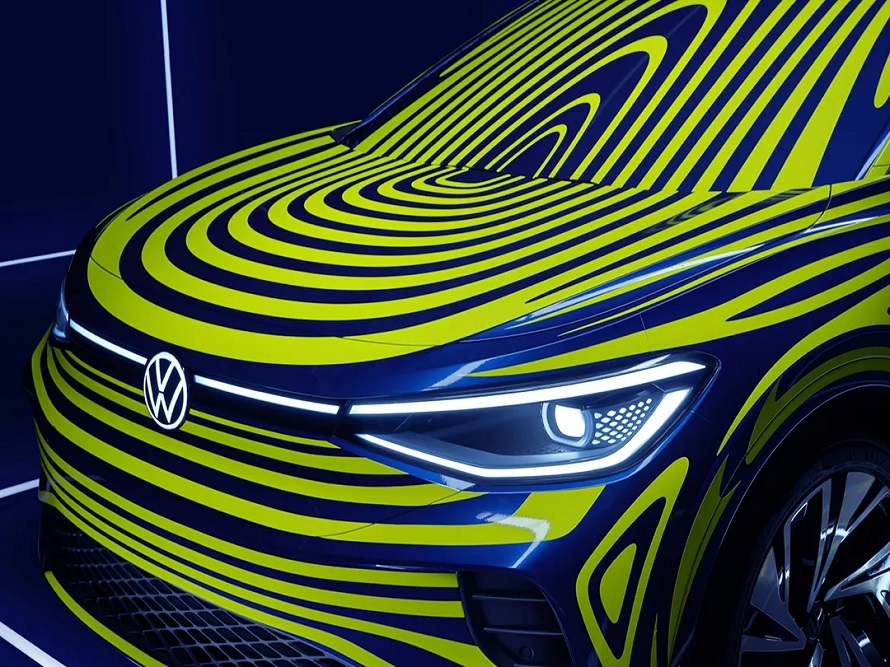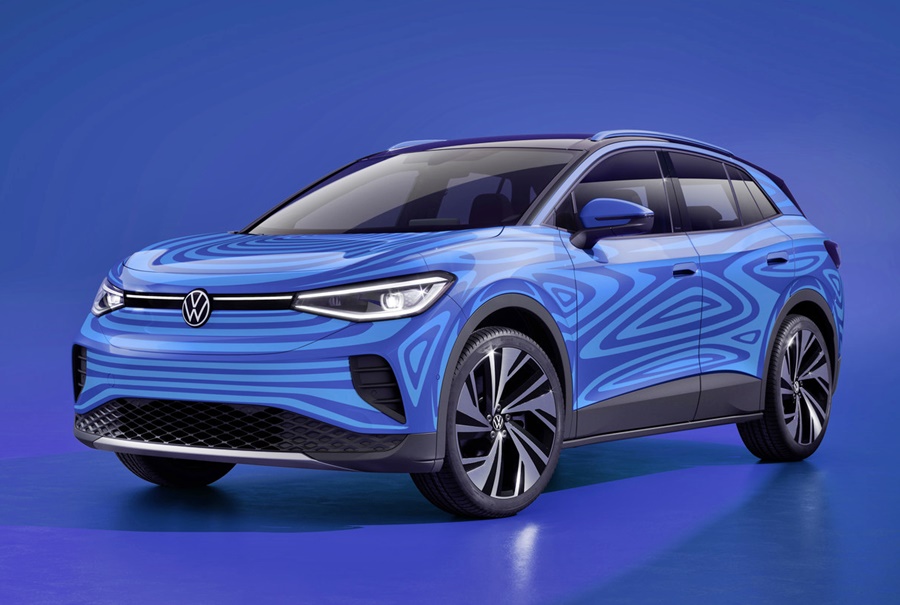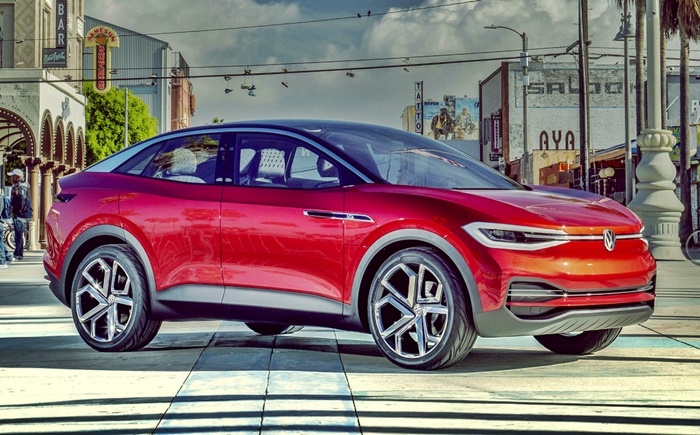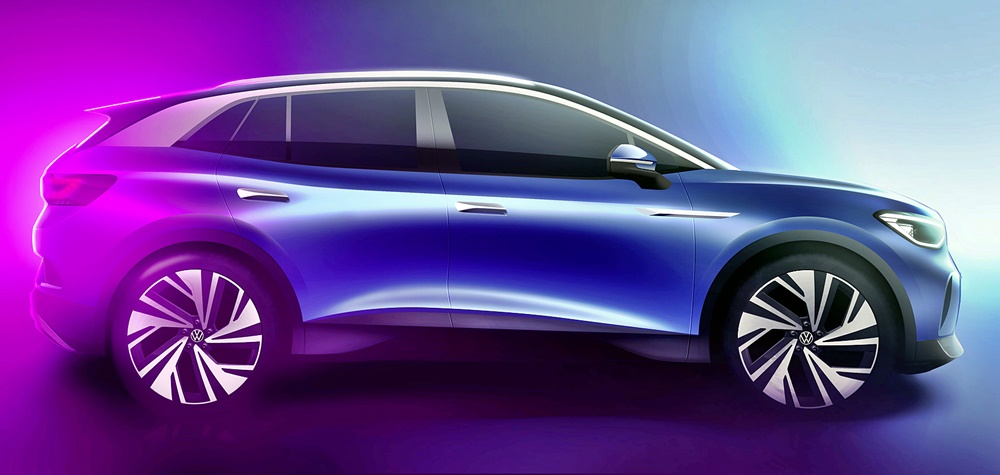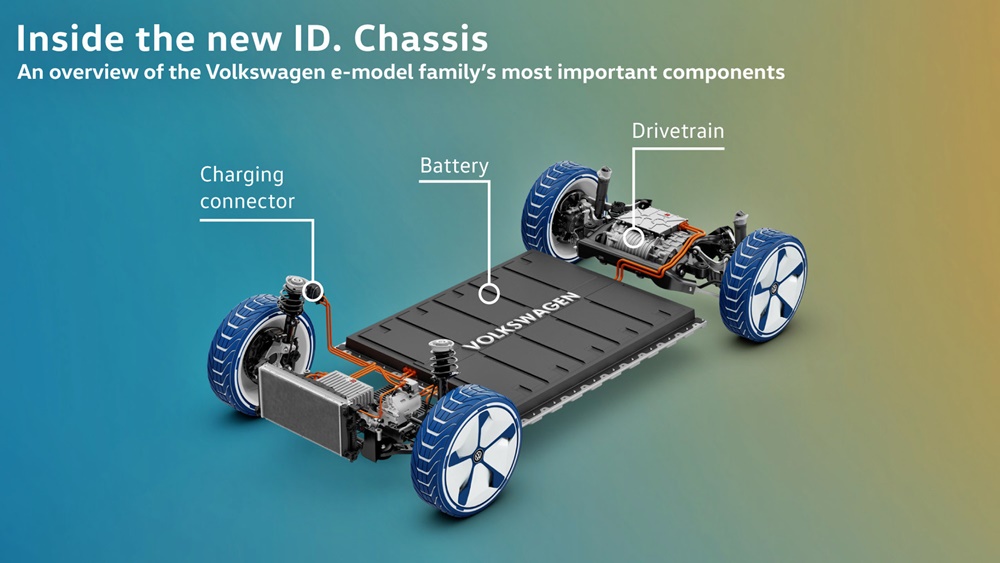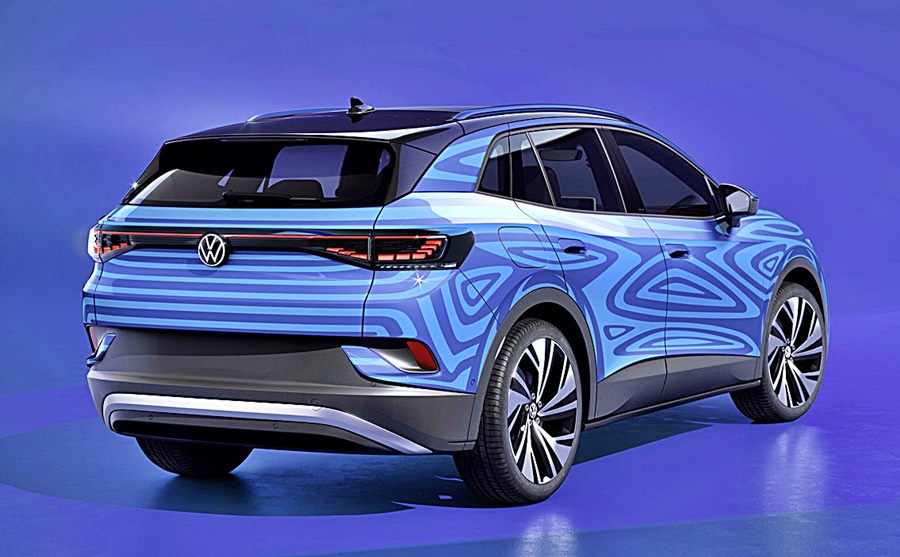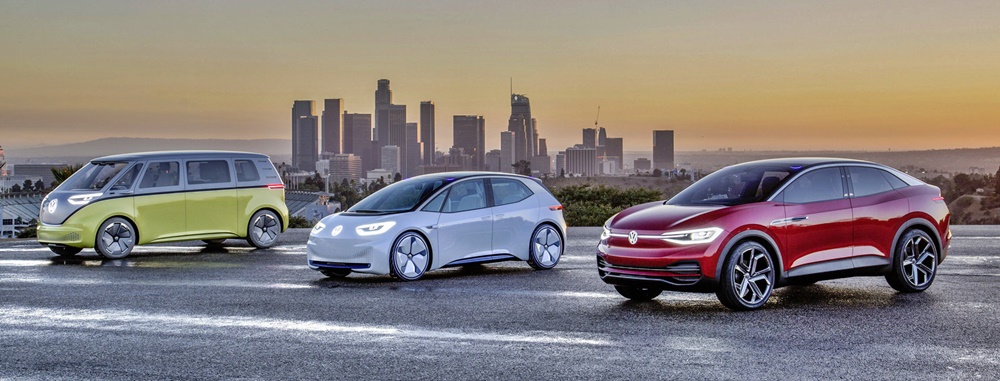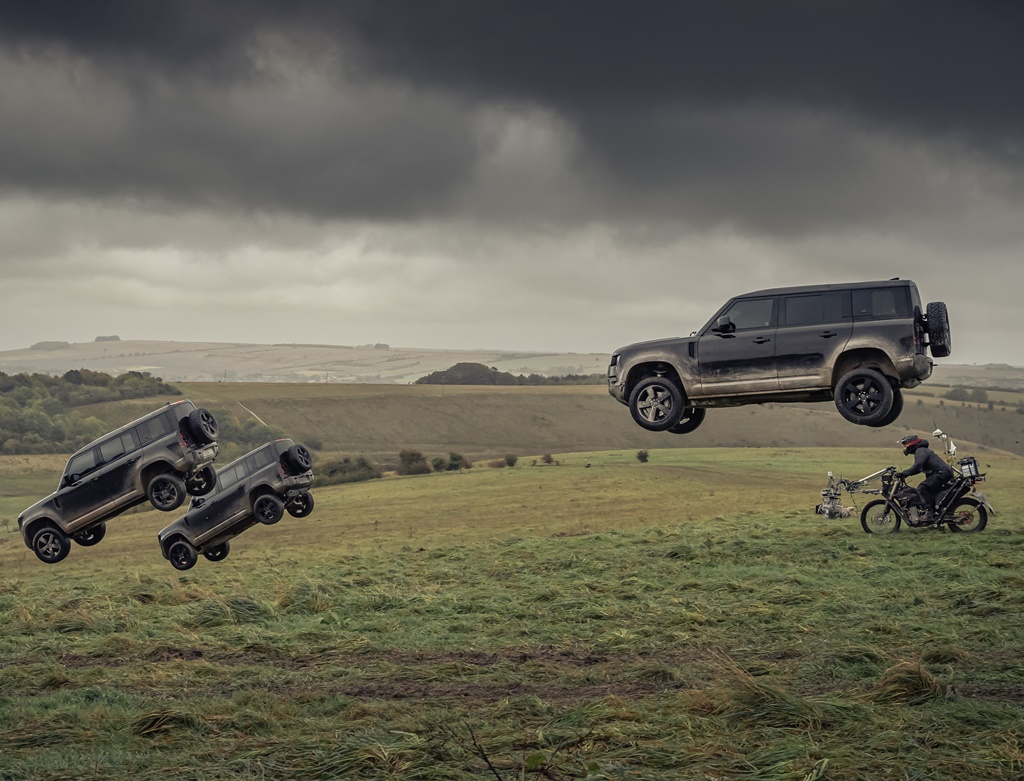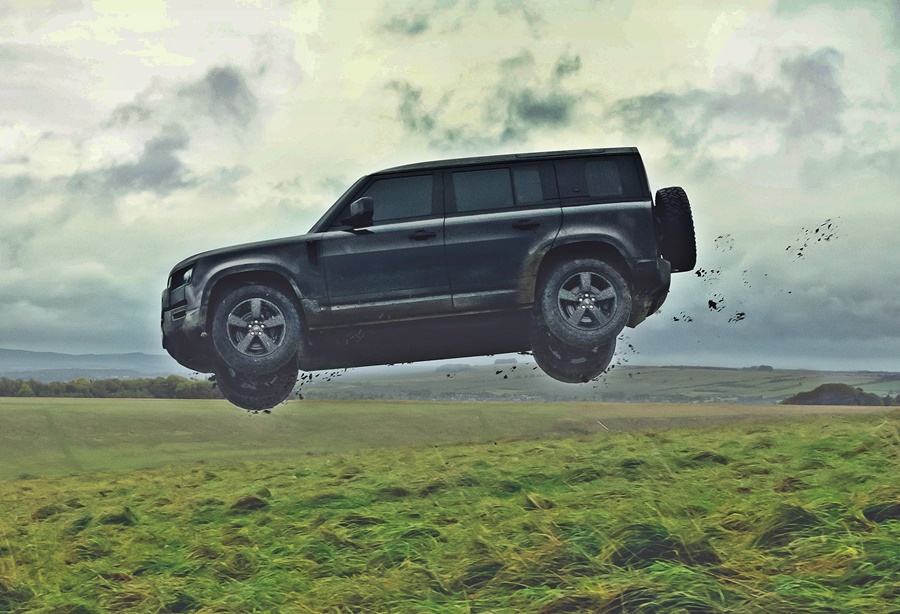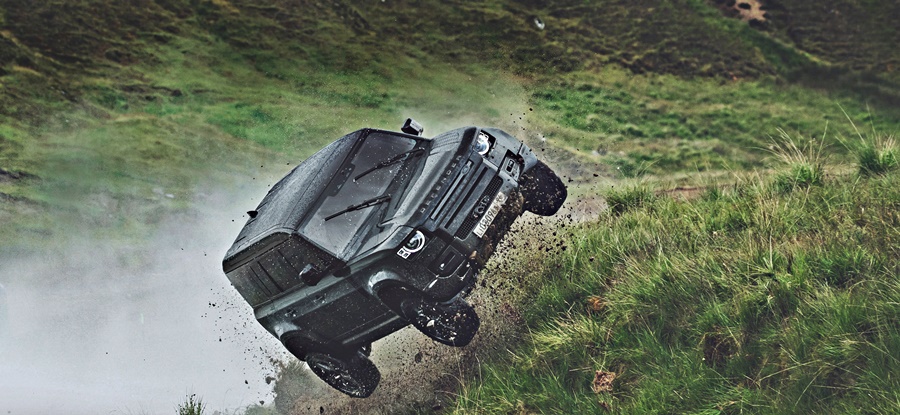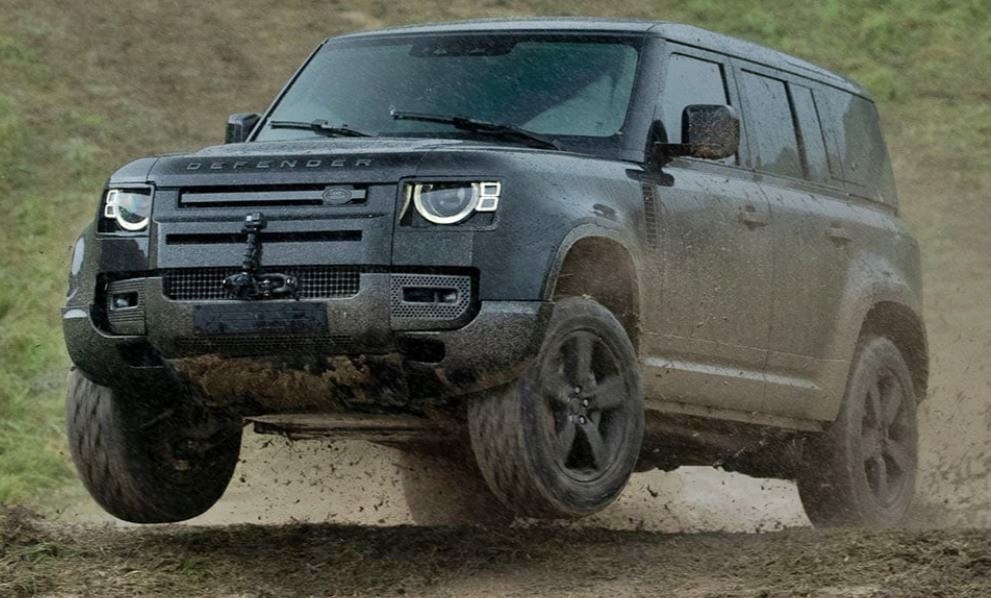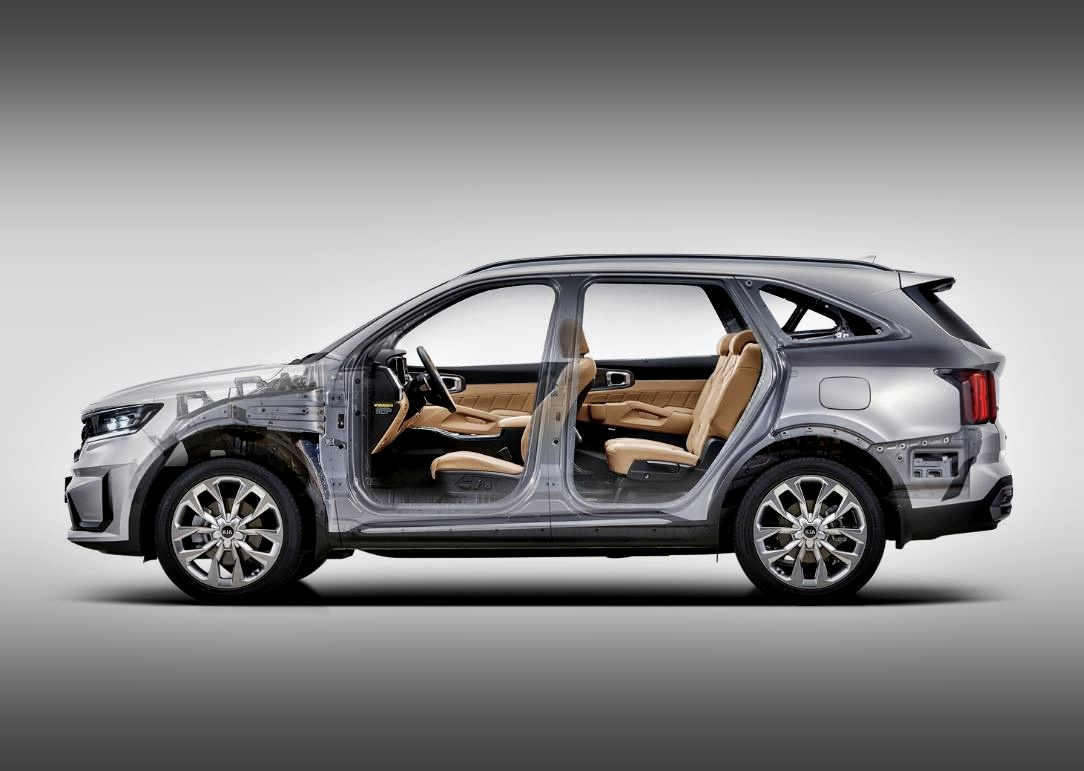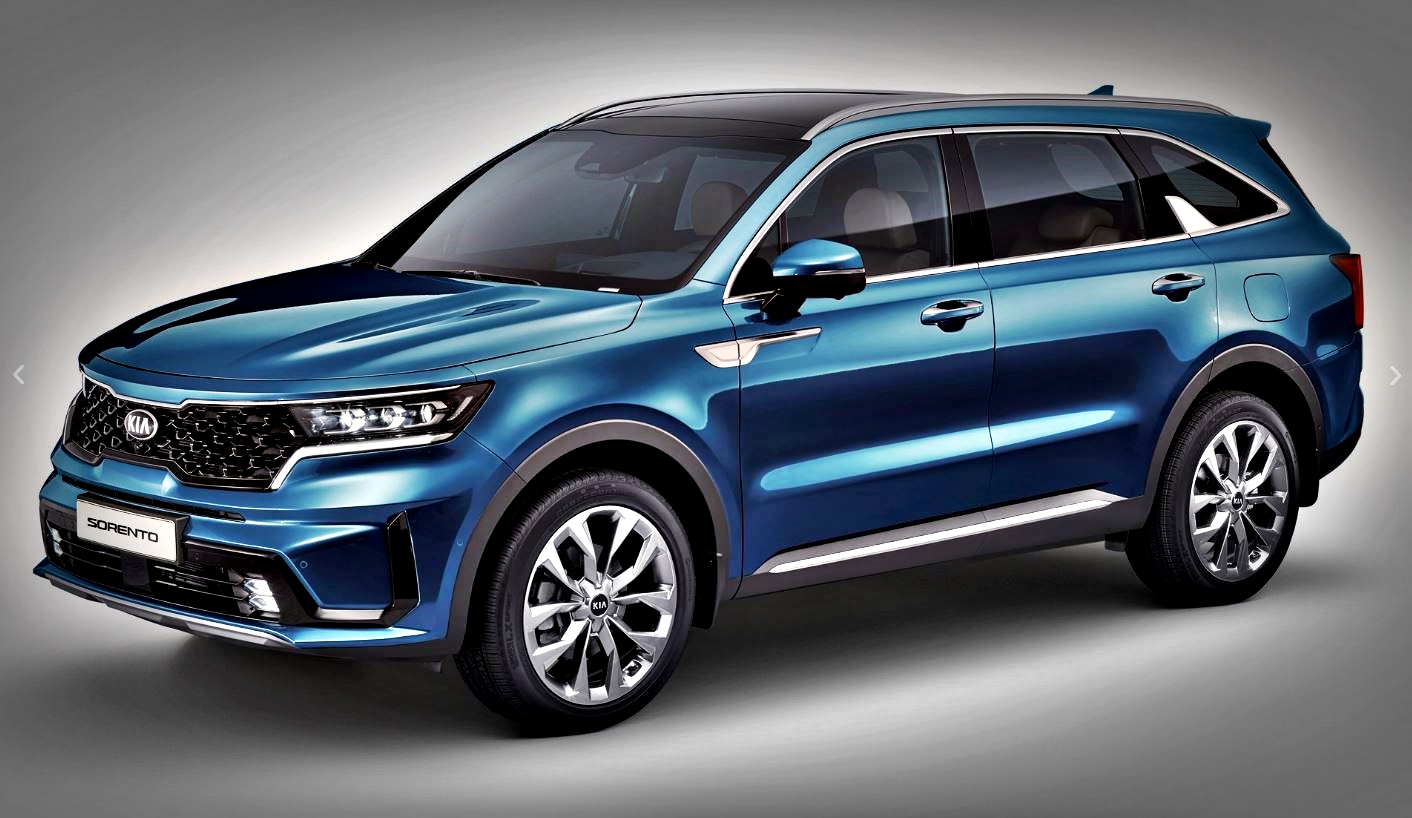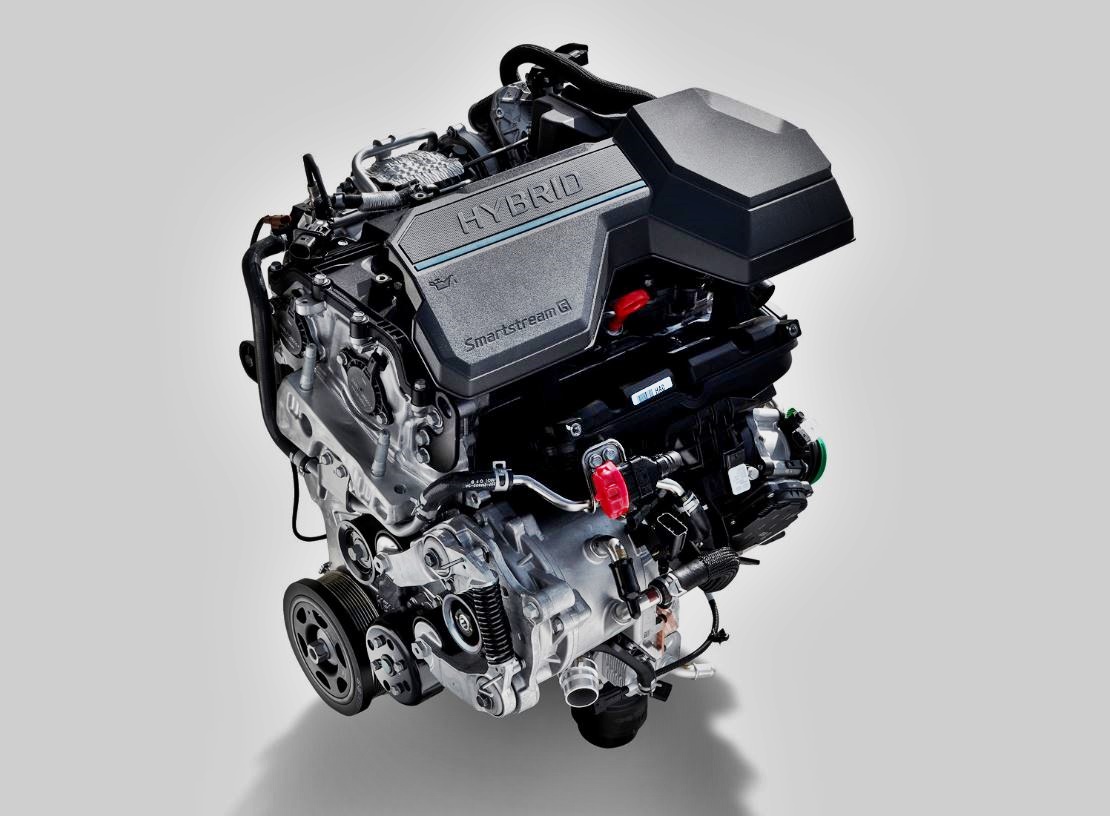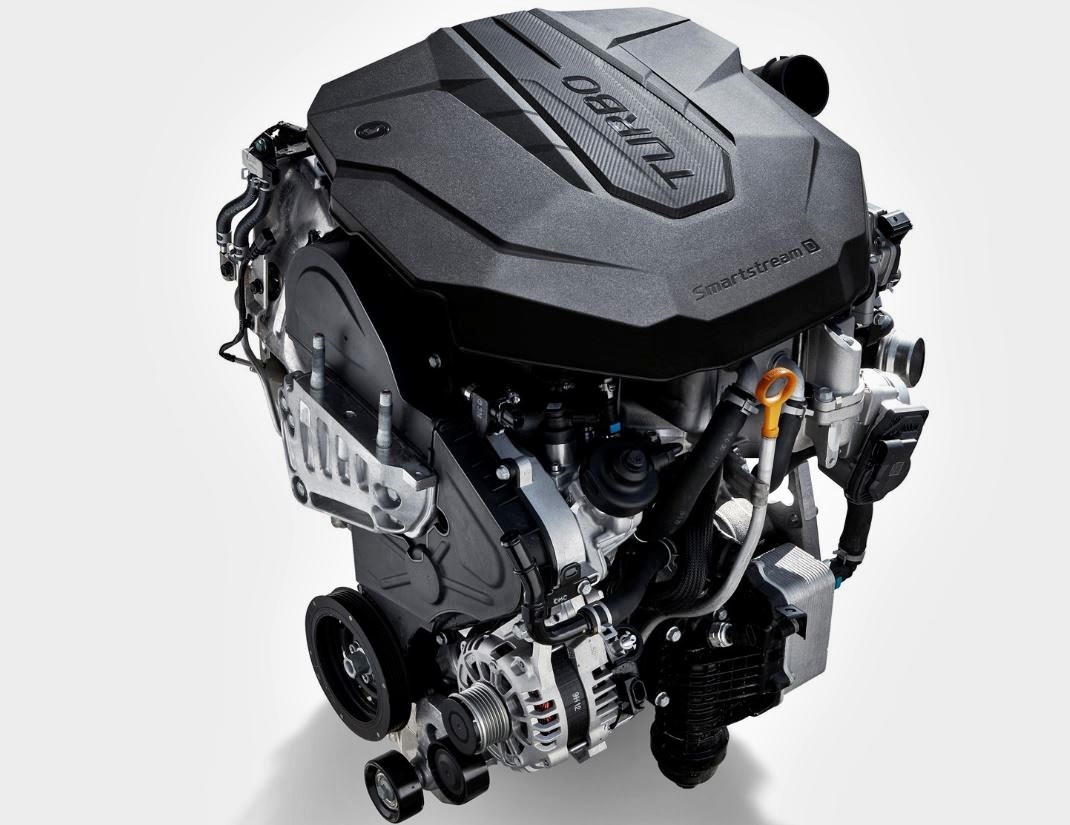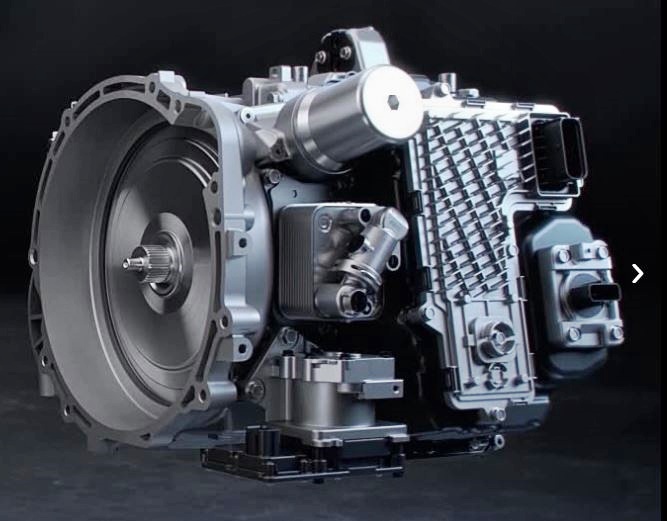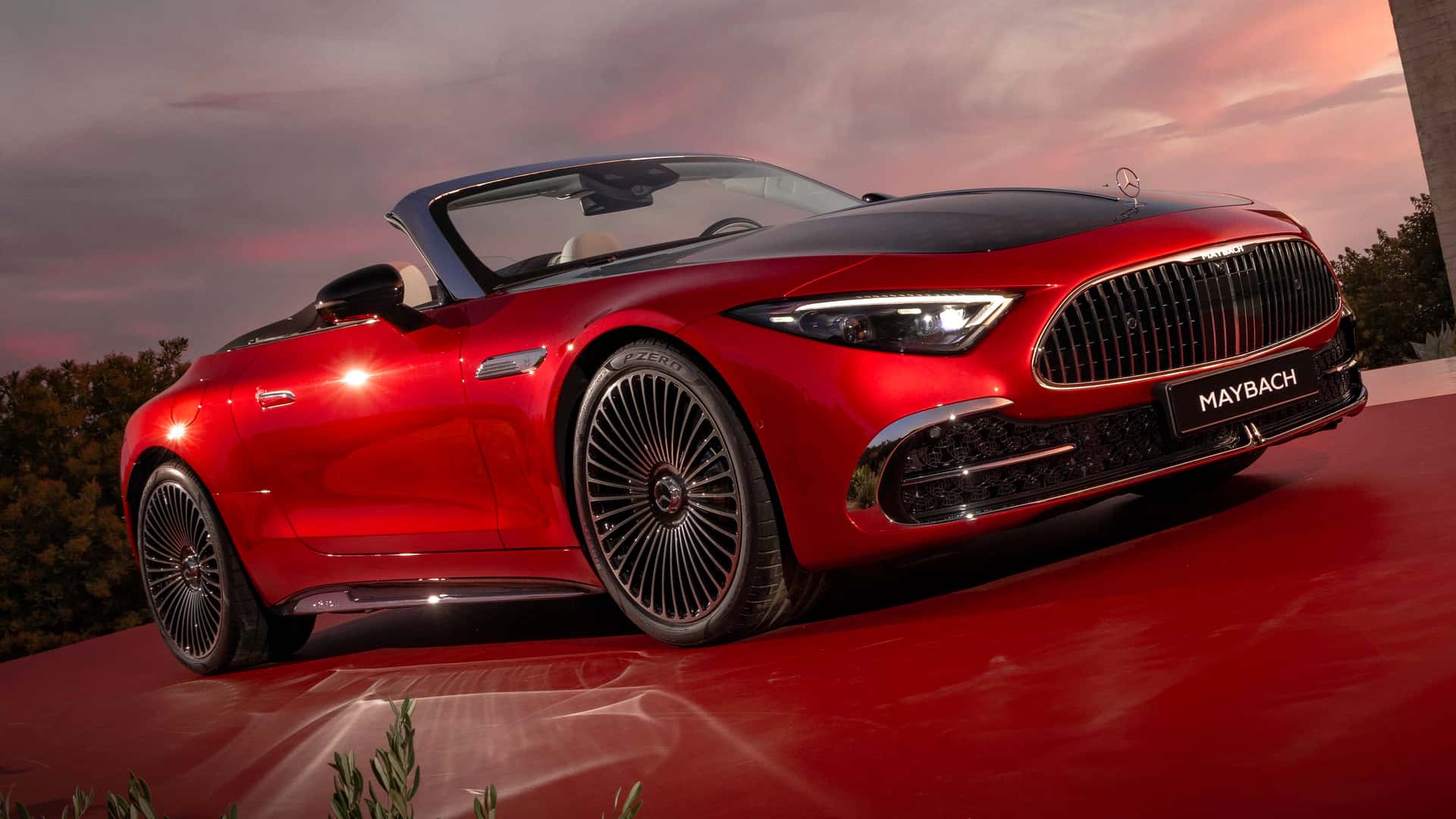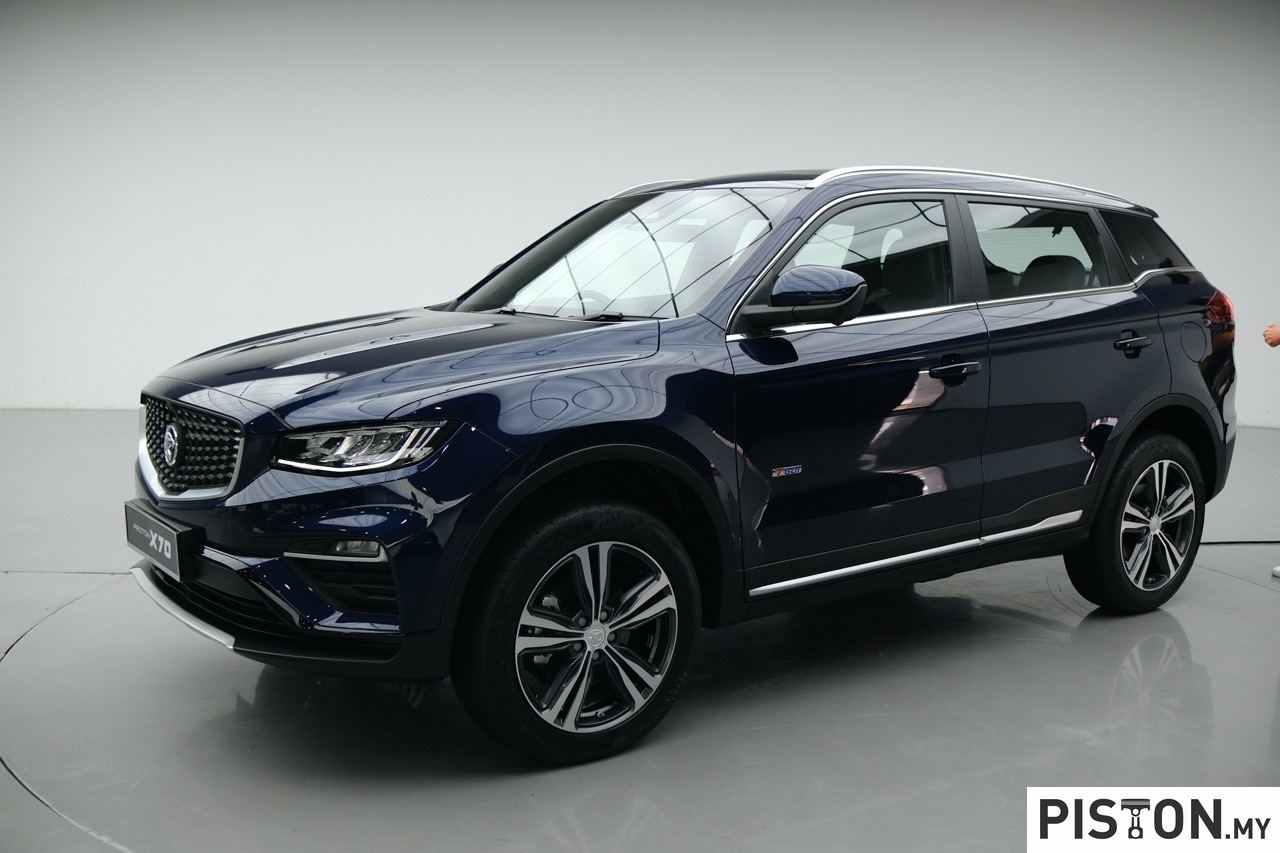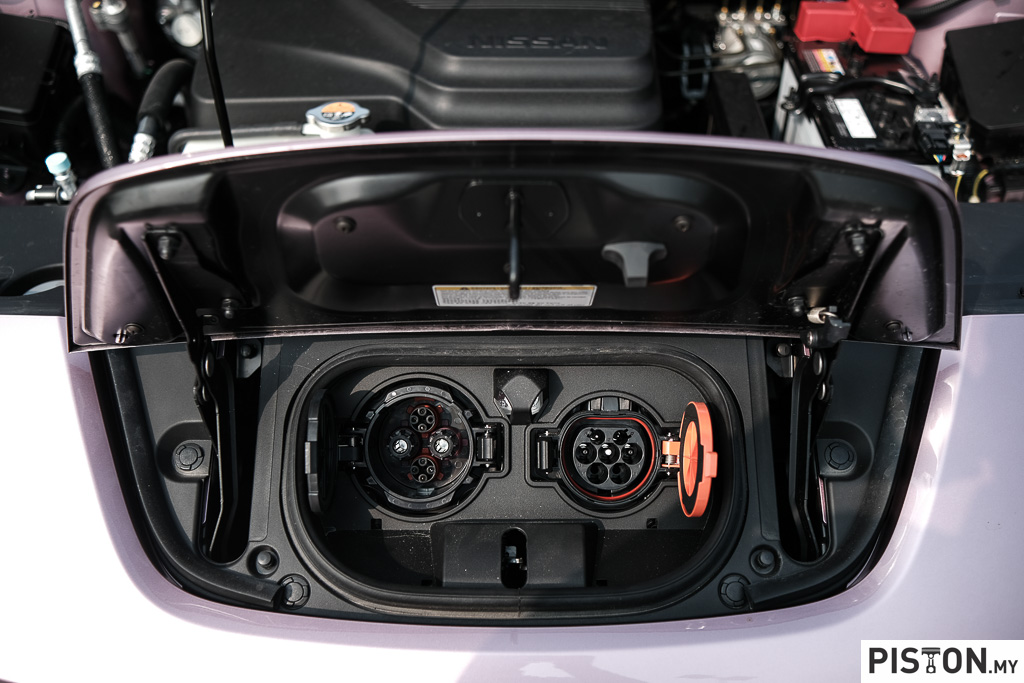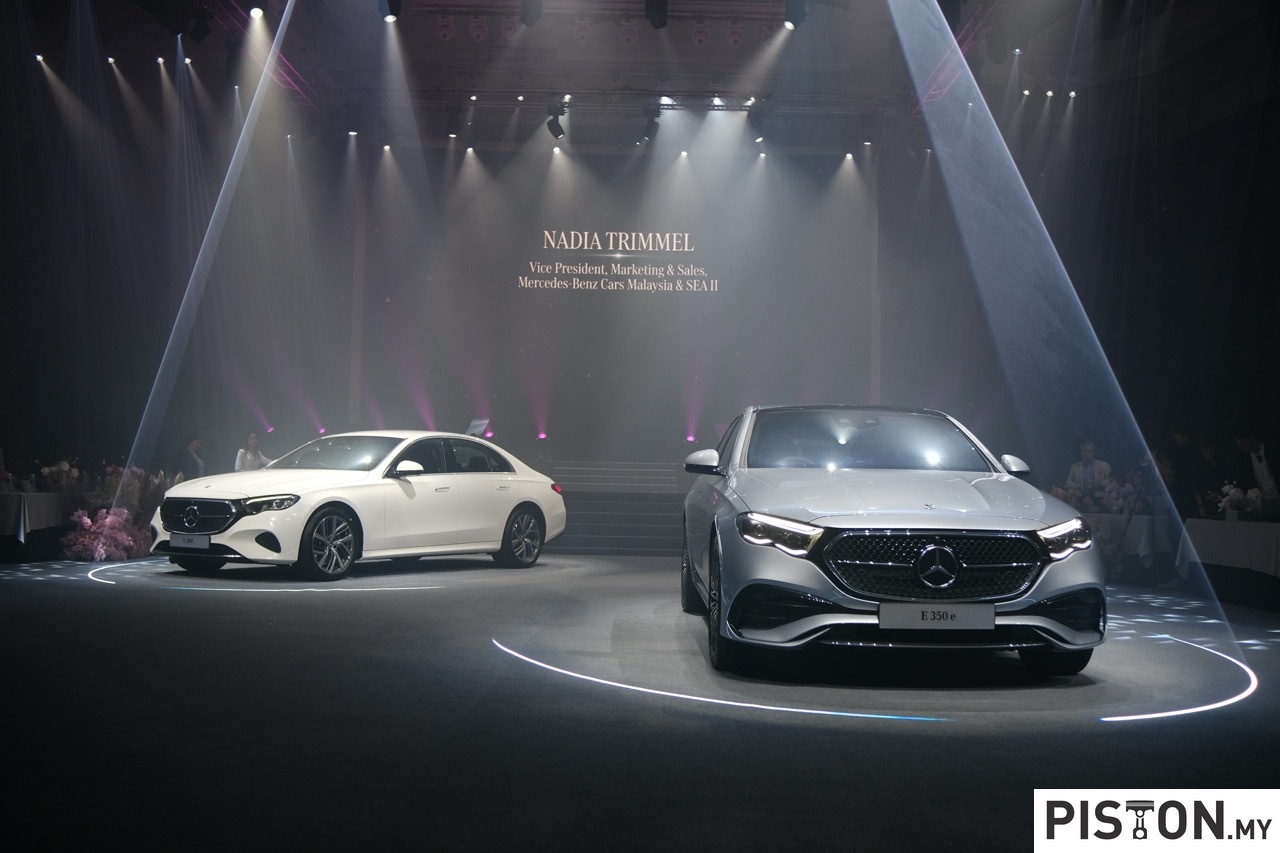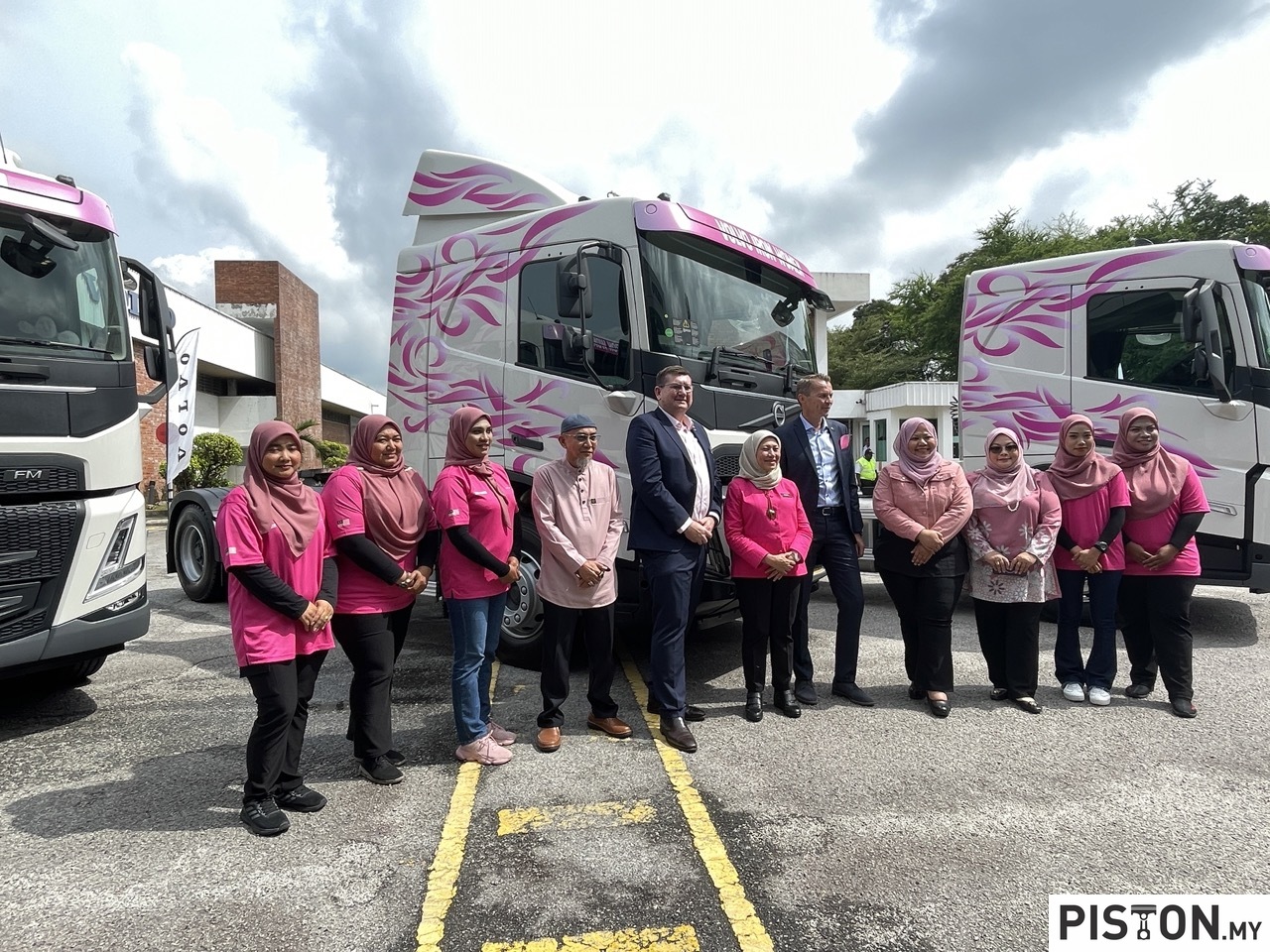It took some 14 years for the original Volkswagen Beetle to reach a cumulative production volume of 500,000 units, becoming the German carmaker’s bestseller for many years. Today, the bestselling model in the Volkswagen Group is the Tiguan and it reached the first 500,000 units within 8 years after being launched.
Thereafter, as its popularity grew, the cumulative volume rose very quickly and 13 years after launch, it crossed the 6 million mark last month. In fact, just last year alone, total Tiguan production was 910,926 units. On average, a brand new unit left the production line every 35 seconds in one of the company’s Tiguan factories in 2019.
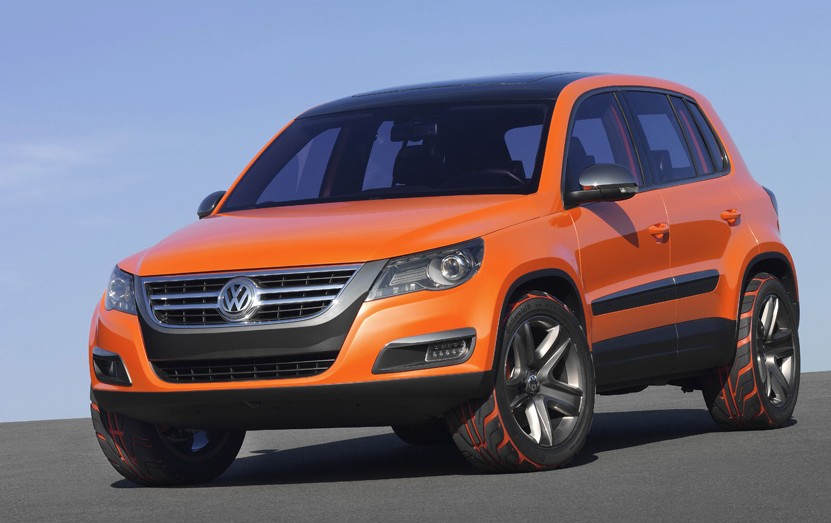
Right timing for SUV boom
The Tiguan arrived in the market at the right time when the SUV boom was accelerating. Sold in 80% of countries in the world (including Malaysia), it is the most successful SUV on the market in Europe.
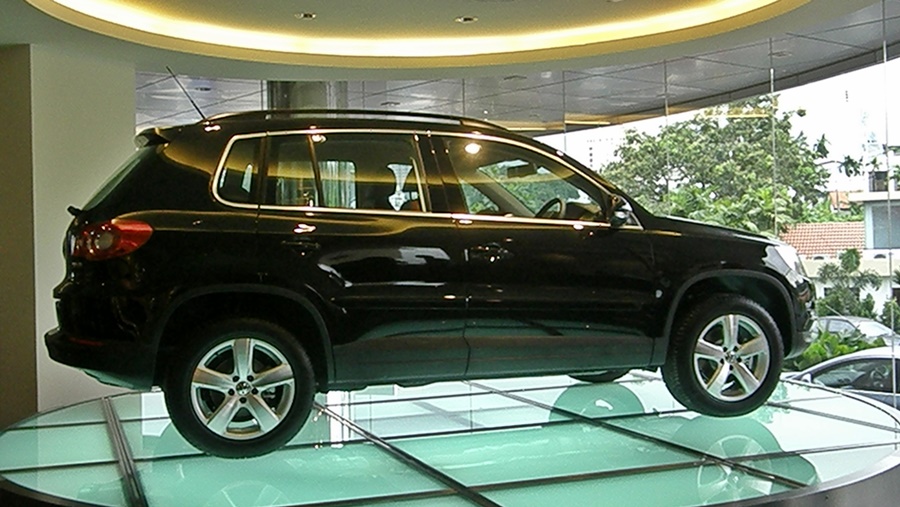
It was launched at the 2007 Frankfurt International Motor Show, a year after Volkswagen had previewed the compact new model at the Los Angeles Auto Show as the Concept Tiguan. With demand for SUVs growing – especially smaller SUVs – the Tiguan was a popular choice for many buyers.
The second generation
The second-generation arrived on the market in April 2016. Where the first generation had sat on the PQ46 platform of the Passat (B6), the new one adopted the Modular Transverse Toolkit (MQB). This more versatile platform allowed the designers to develop a more authentic and muscular SUV with a considerably roomier cabin owing to the longer wheelbase.
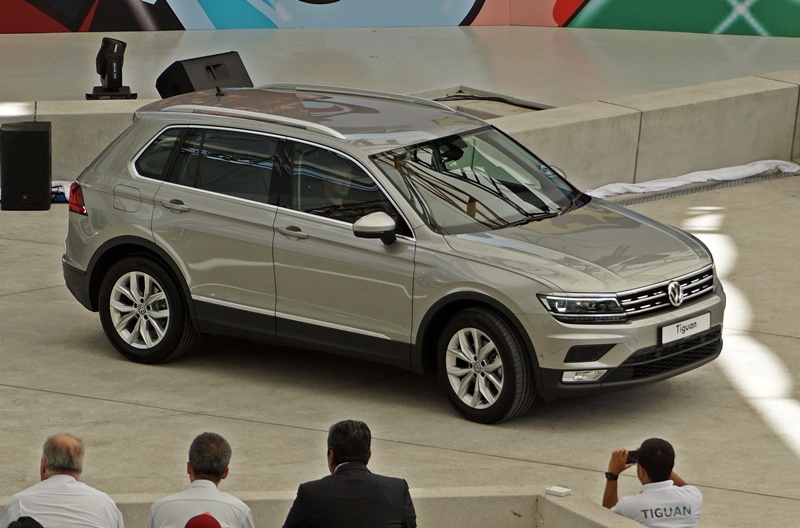
The model line was expanded in 2017 with the debut of a second Tiguan variant for some markets. It was an XL version with a wheelbase extended by 110 mm and could include a third row of seats.
This variant was sold in North America, Europe and China. Since being added to the line-up, the long-wheelbase Tiguan accounts for 55% of the sales. The powertrains are common to the standard model but in China, a plug-in hybrid powertrain was made available last year.
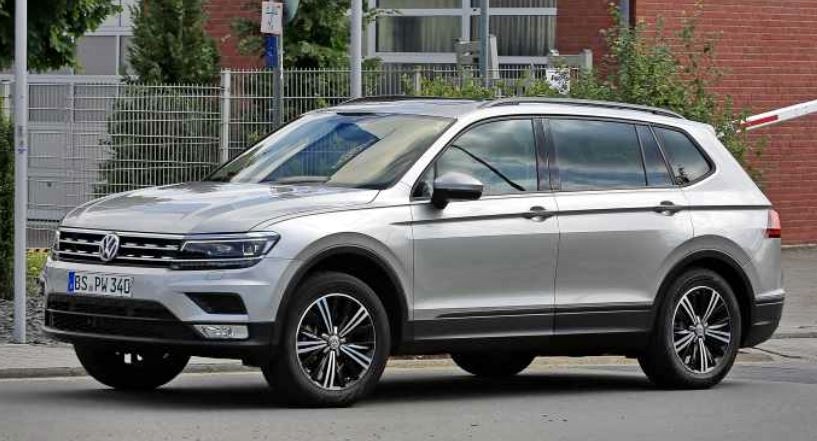
The Tiguan is currently manufactured at four Volkswagen plants spread across four time zones. The normal wheelbase (NWB) version is manufactured at Volkswagen’s main plant in Wolfsburg, Germany, for markets in Europe, Africa, Asia and Oceania. The plant in Russia produces the NWB vehicles for the Russian market and for neighbouring Central Asian countries. In Shanghai, Volkswagen manufactures the LWB Tiguan L for the Chinese market while the plant in Mexico supplies to North and South America and for markets in Europe, Africa, Asia and Oceania.
It is also assembled in Malaysia at the HICOM Automotive Manufacturers (Malaysia) complex in Pekan, Pahang.





